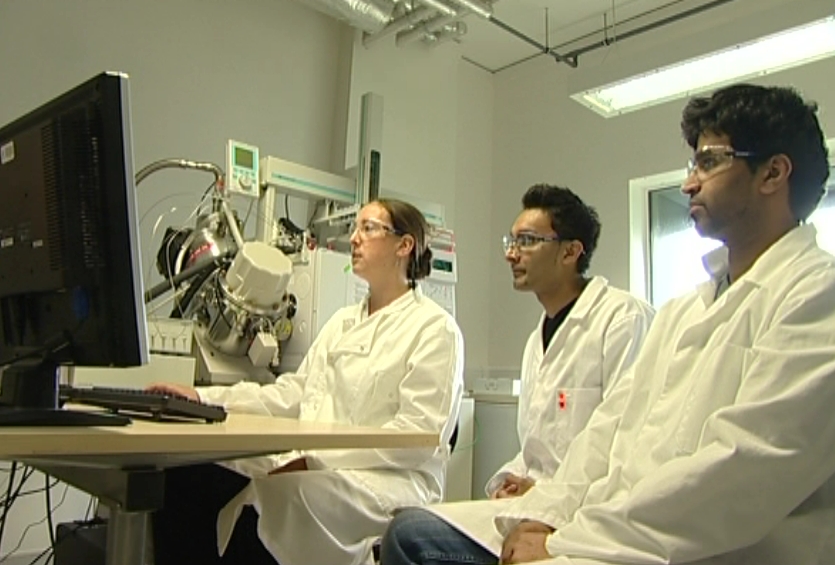Hands-on Large volume injection

- Duration: 1 day for face-to-face
- Experience level: Advanced
- Delivery methods: Face-to-face | Offsite training & consultancy | Onsite training & consultancy | Tailored training |
- Type of course: Universal
- Applicable to manufacturer(s): Agilent | GERSTEL | GLSciences | PerkinElmer | Scion | Shimadzu | Thermo |
- CPD Approved: Approved
- Scheduled course price: £650.00 + TAX per delegate
- Course discounts: RSC CAMS HEaTED members receive a discount on this course

What will you learn on this course?
This one day course combines the theory and advantages behind the different large volume injection techniques with “hands-on” practicals to create, use and optimise LVI methods in the laboratory.
This course will cover rapid (at once), speed-controlled and multiple large volume injection (LVI) techniques – enabling productivity-boosting method miniaturisations.
Learning outcomes
- You will learn about the various large volume injection techniques and the pros and cons of each type
- You will learn how to select the best technique for your analytes, sample volume and inlet type
- You will learn about and gain practical experience of the individual parameters required to be optimised for each technique
- You will develop an LVI method
- You will have examples of applications using the techniques and put some of these into practice in the laboratory
Who is this course for?
This course requires good knowledge of GC or GC-MS. Note: This course will cover using PTV inlets for large volume injections only, please refer to the PTV course for other PTV techniques.
Feedback from previous attendees
“[I enjoyed the] hands-on practical content.” delegate from an equipment supplier who attended the 2-day Advanced Injection for GC & GC-MS course (March 2019).
“Good use of lecture time translating into laboratory exercises to illustrate the point fully.” International analytical sales support from an instrument manufacturer who attended the Advanced Injection Technique course (February 2013).
“Very good content and course material, and allowed time for questions and comments, and good mix between class and hands on.” Senior analyst from an instrument manufacturer who attended the Advanced Injection Technique course (February 2013).





